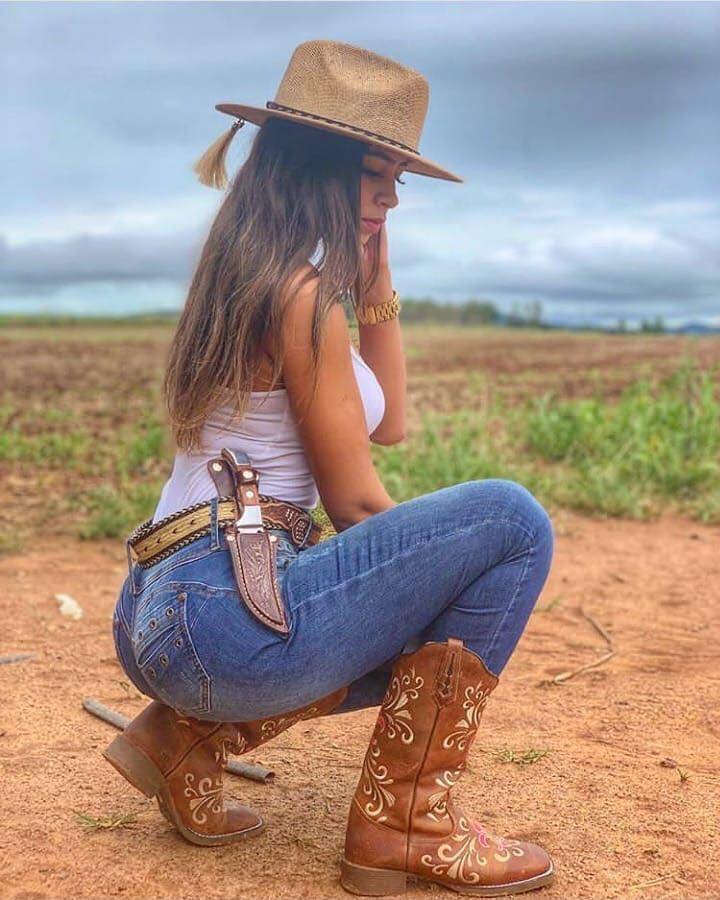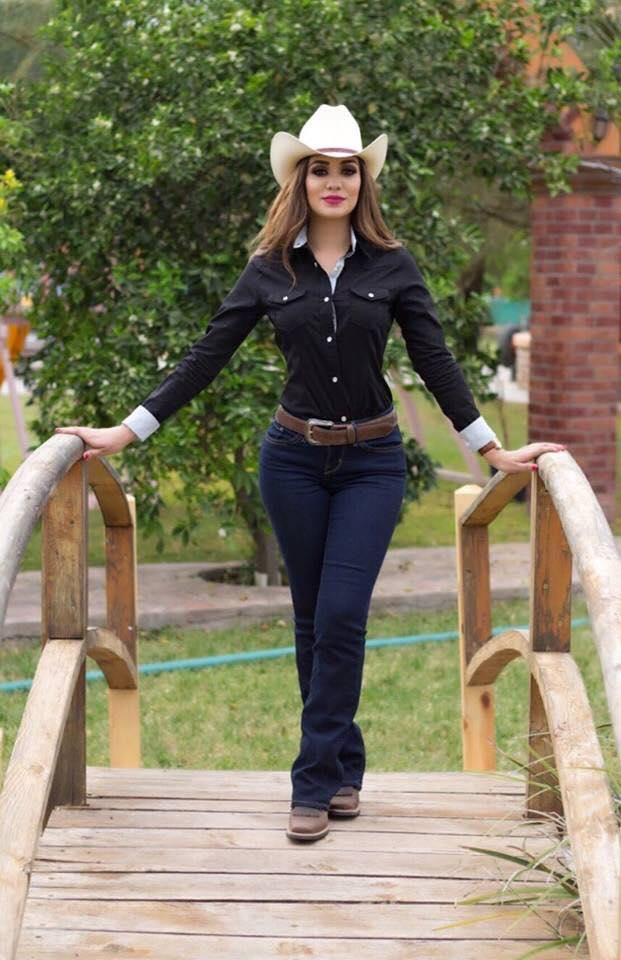
Introduction
A vaquero outfit is a traditional cowboy attire that originated in the American West. It is known for its unique style and functionality, making it a popular choice among horsemen and cowboys. This article will explore the different components of an outfit vaquero and how it has evolved over time.

History of the Vaquero Outfit
The vaquero outfit has its roots in the Spanish colonial era when European settlers brought their horsemanship skills to the Americas. These settlers introduced their own style of clothing, which eventually merged with the local Native American and Mexican dress.
The vaquero outfit was born out of this cultural fusion, combining elements of Spanish, Native American, and Mexican attire. It became an essential part of the cowboy culture in the American West, with its practical design and rugged appeal.

Components of an Outfit Vaquero
An outfit vaquero typically consists of several key components that are designed to provide comfort, protection, and style. These components include:
- Wide-brimmed Hat
- Bandana
- Button-up Shirt
- Vest
- Leather Chaps
- Jeans or Riding Pants
- Boots
- Spurs
- Leather Gloves

Wide-brimmed Hat
The wide-brimmed hat is an iconic part of the vaquero outfit. It provides shade from the sun, protection from the rain, and helps to keep dust and debris out of the eyes. The hat is typically made of felt or straw and features a tall crown and a wide brim.

Bandana
A bandana is worn around the neck or tied around the face to protect against dust and wind. It also adds a touch of style to the outfit. Bandanas come in various colors and patterns, allowing cowboys to express their individuality.

Button-up Shirt
The button-up shirt is a practical choice for cowboys as it allows for easy movement and ventilation. It is typically made of durable fabric like cotton or denim and features long sleeves and a collar. The shirt is usually tucked into the pants for a neat appearance.

Vest
A vest is often worn over the button-up shirt. It adds an extra layer of warmth and protection, especially during colder weather. Vests can be made of leather or fabric and come in various styles and designs.

Leather Chaps
Leather chaps are worn over the jeans or riding pants to provide protection to the legs while riding or working with livestock. They are typically made of durable leather and feature adjustable straps and buckles for a secure fit.

Jeans or Riding Pants
Jeans or riding pants are a staple in the vaquero outfit. They offer durability and flexibility, allowing cowboys to comfortably perform their daily tasks. The pants are usually made of denim or other sturdy materials.

Boots
Boots are an essential part of the vaquero outfit. They are designed to withstand long hours of riding and provide support to the feet and ankles. Vaquero boots are typically made of leather and feature a high heel and a pointed toe.

Spurs
Spurs are attached to the boots and are used to cue horses while riding. They are made of metal and have a small wheel or rowel that spins when pressure is applied. Spurs are not only functional but also add a decorative element to the outfit.

Leather Gloves
Leather gloves are worn to protect the hands while working with ropes, livestock, or other manual tasks. They provide a firm grip and prevent blisters and injuries. Vaquero gloves are made of durable leather and are designed to withstand rough use.

Evolution of the Vaquero Outfit
Over time, the vaquero outfit has evolved to meet the changing needs of cowboys and horsemen. While the traditional components remain the same, modern variations have emerged to accommodate different riding styles, climate conditions, and personal preferences.
For example, some vaqueros may opt for a more lightweight and breathable fabric for their shirts and pants, especially in hot and arid regions. Others may choose to incorporate modern materials such as synthetic leather or high-tech fabrics to enhance durability and functionality.
Additionally, the design and embellishments of vaquero attire have also evolved. Today, there are countless options for customization, including intricate embroidery, decorative stitching, and personalized accessories. These additions allow individuals to showcase their unique style while embracing the vaquero tradition.

Conclusion
The vaquero outfit is more than just a cowboy costume; it is a symbol of the rich heritage and traditions of the American West. Its timeless style, practical features, and cultural significance continue to make it a beloved choice among horsemen and cowboys.